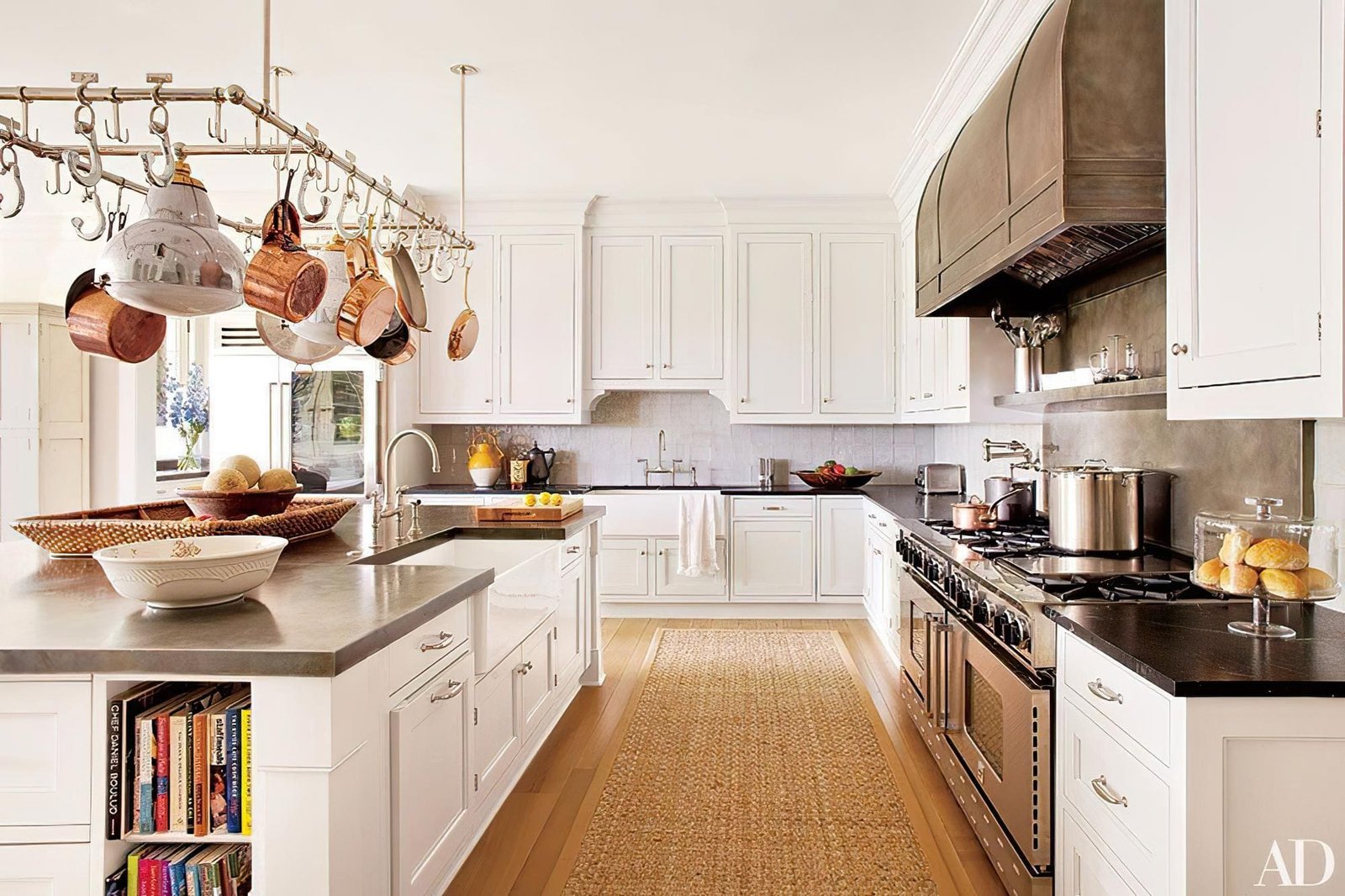When it comes to kitchen renovations, the excitement can sometimes be overshadowed by questions about timelines and the disruption that renovations might bring to your daily life. The duration of a kitchen remodel can vary significantly based on several factors, including the scope of the project, the availability of materials, and the efficiency of your chosen contractors. In this article, we’ll explore a general timeline for kitchen renovations, the factors that influence the duration, and valuable tips to keep your project on track. For expert guidance and top-notch service, fill out the form and we will reach you out to you shortly or just call us +1(646)9958888.
Understanding the Timeline
Generally, kitchen renovations can take anywhere from a few weeks to several months. To give you a clearer picture, let’s break down the estimated timelines based on the extent of the renovation:
Minor Renovations (2 to 4 weeks)
Minor renovations typically involve cosmetic changes that do not require any structural alterations. These projects may include painting cabinets, upgrading countertops, replacing hardware, or updating appliances. Because they do not disturb plumbing or electrical systems, the timeline for minor renovations is significantly shorter, often completing within two to four weeks.
Moderate Renovations (4 to 8 weeks)
Moderate renovations might include a more extensive remodel, such as changing the layout of the kitchen, upgrading fixtures, or replacing cabinets. This phase often requires plumbing and electrical work, which can take additional time. In general, you can expect such renovations to last anywhere from four to eight weeks, depending on the specific changes being made and material availability.
Major Renovations (8 to 12 weeks or more)
Major renovations involve comprehensive changes, like knocking down walls, installing new flooring, or completely redesigning the kitchen space. These projects typically require extensive planning, permitting, and the involvement of multiple contractors such as electricians, plumbers, and carpenters. For thorough renovations of this nature, a timeline of eight to twelve weeks or more is reasonable, particularly if there are any unforeseen issues that may arise during the process.
Factors That Influence Renovation Duration
While the estimated timelines give a broad overview, several factors can cause the actual duration of a kitchen renovation to vary. Here are some key elements to consider:
1. Project Complexity
The more complex the renovation, the longer it will take. If your project requires custom cabinetry, intricate tile work, or specialty installations, be prepared for longer timelines.
2. Materials and Supplies
The availability of materials plays a crucial role in renovation timelines. If you’re sourcing custom finishes or fixtures that have long lead times, this could delay your project. Planning ahead and communicating with suppliers will help manage this factor effectively.
3. Contractor Availability and Efficiency
Hiring the right contractor can significantly influence your project’s duration. Experienced professionals will have processes in place that enhance efficiency. Moreover, their availability at the start of your planned timeline can affect the entire project schedule.
4. Permitting and Inspections
If your renovation requires permits—common in major renovations—factor in the time it takes to obtain those documents and complete any required inspections. Depending on your local regulations, permits can introduce delays.
5. Unexpected Issues
Renovations can often reveal surprises, such as mold behind cabinets or outdated electrical wiring. These unexpected issues can lead to significant delays, making it important to have contingencies in your schedule.
Tips to Keep Your Kitchen Renovation on Track
To help ensure that your kitchen renovation adheres to its timeline, consider the following tips:
1. Plan Thoroughly Ahead of Time
Before starting your renovation, create a detailed plan that includes your designs, budget, and your desired timeline. Establish a clear vision of what you want to achieve and identify potential challenges early on.
2. Communicate Regularly with Contractors
Establishing open lines of communication with your renovation team is paramount. Regular check-ins can ensure everyone is on the same page and offer immediate solutions to any hiccups that may arise.
3. Choose Quality Materials from the Get-Go
Investing in quality materials can minimize the need for repairs or replacements down the road. While quality can sometimes come at a higher cost upfront, it can save time and money in the long run.
4. Set Realistic Expectations
While it’s great to have an ambitious vision for your kitchen, understanding and accepting that renovations may take longer than initially anticipated can help alleviate stress.
5. Prepare for Disruptions
Lastly, during the renovation process, be prepared for disruptions in your daily routine. Consider creating a temporary kitchen space. This may involve setting up a makeshift pantry in another room and using portable appliances to ease the transition.
Conclusion
In summary, kitchen renovations can vary from a few weeks to several months, based on the complexity of the project and various influencing factors. Whether you’re considering a minor update or a major overhaul, having a clear understanding of timelines, along with an effective plan and solid communication,
